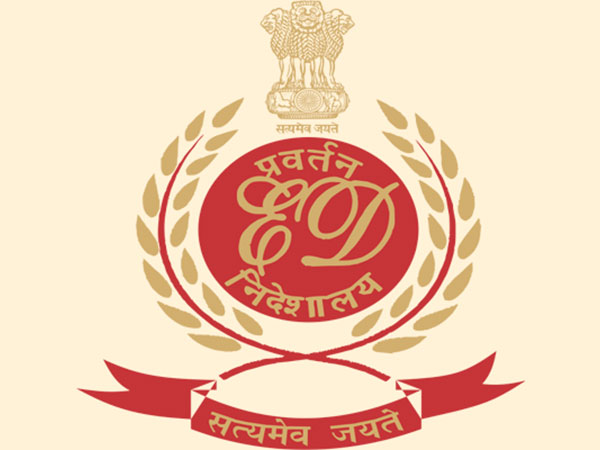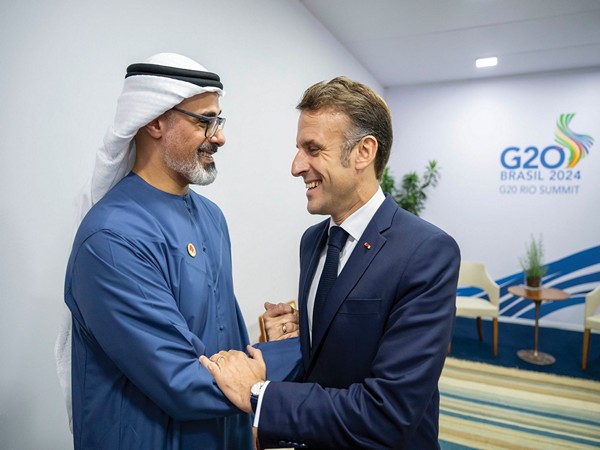New Delhi [India], August 23 (ANI): Senior BJP leader Mukhtar Abbas Naqvi has emphasized the importance of including Hindu stakeholders in the discussions by the Joint Parliamentary Committee (JPC) formed to review the Waqf Bill.
Naqvi made this statement while speaking to the ANI today, expressing his support for the committee’s first meeting.
The former Union Minister welcomed the committee’s initial proceedings, describing the JPC’s work as moving in a “very positive direction.”
Naqvi pointed out that the scrutiny of systems like Waqf is essential, especially when constitutional commitments are at stake. He said that no one should object if the committee is addressing “unconstitutional chaos” within the Waqf system or any system and bringing it under constitutional compliance.
The BJP leader highlighted that several decisions made by Waqf boards have raised questions over the years, leading to confusion, contradictions and conflicts. He expressed hope that the committee’s deliberations would bring about clarity and justice.
“This time, there should be thorough scrutiny, a post-mortem of past decisions and discussions with all stakeholders,” Naqvi added.
Naqvi also urged the JPC to recognize that stakeholders are not just from the Muslim community but include a significant number of Hindus as well.
He stressed that the voices of Hindus who were displaced during the Partition and settled in India should also be heard. Naqvi said that many of these individuals left everything behind and were provided with land by the government of the time.
However, unlike those who moved to Pakistan and received property ownership, many of these displaced Hindus in India still do not have ownership rights over their properties. These people are still living as illegal occupants or trespassers on land that should be theirs by right.
BJP leader called for the JPC to listen to their grievances to ensure justice is served and no community is left behind.
It is pertinent to note that The Waqf (Amendment) Bill, 2024, Waqf Act provides for the renaming of the Waqf Act, 1995, as the Unified Waqf Management, Empowerment, Efficiency and Development Act, 1995.
It seeks to clearly define “Waqf” as Waqf by any person practising Islam for at least five years and having ownership of such property and ensure that the creation of Waqf-alal-aulad does not lead to the denial of inheritance rights to women.
It also seeks to omit the provisions relating to the “Waqf by user”, provide the functions of the Survey Commissioner to the Collector or any other officer not below the rank of Deputy Collector duly nominated by the Collector for the survey of waqf properties, provide for a broad-based composition of the Central Waqf Council and the State Waqf Boards and ensure representation of Muslim women and non-Muslims.
The bill seeks to provide for the establishment of a separate Board of Auqaf for Boharas and Aghakhanis.
The bill seeks to omit section 40 relating to the powers of the Board to decide if a property is Waqf property, provide for filing of accounts of waqf by Cto the Board through a central portal for better control over their activities, reform the Tribunal structure with two members and provide for appeals against the orders of the Tribunal to the High Court within a specified period of ninety days.
Minority Affairs Minister Kiren Rijiju, who introduced the bill in the Lok Sabha, has said that the JPC will submit its report to the Lok Sabha by the last day of the first week of the winter session of Parliament. (ANI)
Disclaimer: This story is auto-generated from a syndicated feed of ANI; only the image & headline may have been reworked by News Services Division of World News Network Inc Ltd and Palghar News and Pune News and World News
HINDI, MARATHI, GUJARATI, TAMIL, TELUGU, BENGALI, KANNADA, ORIYA, PUNJABI, URDU, MALAYALAM
For more details and packages

















